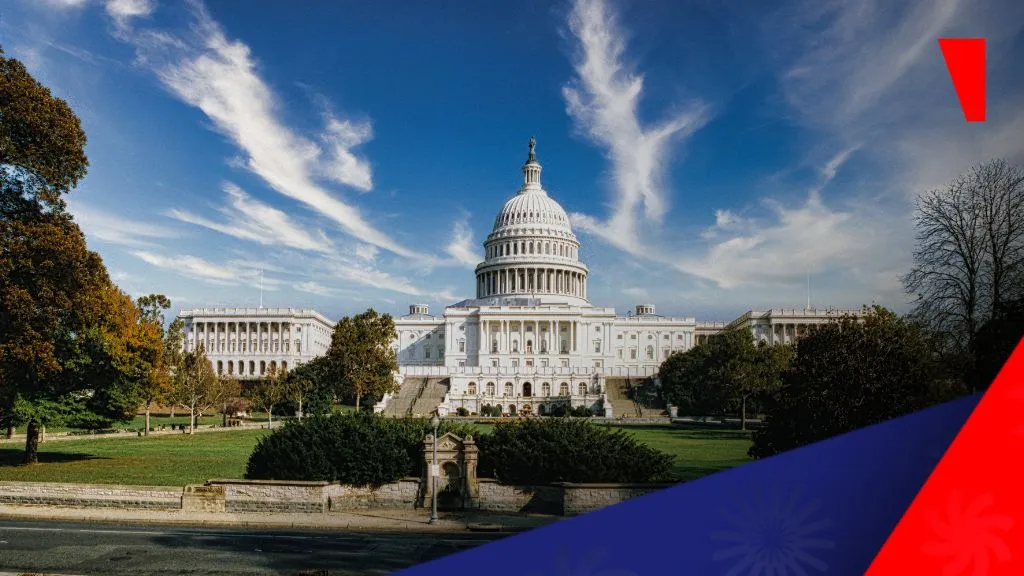In a recent brief filed as part of its appeal to prevent its contracts from being outlawed in Maryland, Kalshi said that a law that was originally designed to prohibit sporting event contracts now “supports” its claim that the contracts are permissible.
Kalshi submitted a brief in the United States Court of Appeals for the Fourth Circuit on Wednesday as part of its appeal of the District Court of Maryland’s August decision to refuse Kalshi an injunction.
Maryland could not have enforced a cease-and-desist order against the prediction market because of that injunction. Kalshi would have to cancel its contracts for sporting events in the state if there was no injunction. They are still accessible at the moment since the state has chosen to wait for the Fourth Circuit’s ruling before enforcing its gaming regulations against Kalshi.
In his rebuttal, Kalshi contended that District Court Judge Adam B. Abelson made several mistakes in issuing his ruling.
Kalshi alludes to the “special rule.”
Abelson’s emphasis on the “special rule” in the Commodity Exchange Act (CEA) that addresses contracts pertaining to gaming, war, terrorism, or assassination was one area Kalshi brought up.
ALSO READ: PrizePicks Returns To New York
(C) Special guidelines for evaluating and approving swap and event contracts
(i) Contracts for events
When a designated contract market or swap execution facility lists agreements, contracts, transactions, or swaps in excluded commodities that are based on an event, the magnitude of an event, or a contingency (apart from a change in the price, rate, value, or levels of a commodity described in section 1a(2)(i) [2] of this title), the Commission may conclude that such agreements, contracts, or transactions are against the public interest if they involve—
(I) any action that violates federal or state law; (II) acts of terrorism; (III) assassinations; (IV) war; (V) gaming; or (VI) any other comparable activity that the Commission deems, by rule or regulation, to be against the public interest.
In his decision, Abelson stated that Congress did not expressly and plainly intend to supersede state laws pertaining to sports wagering, citing the clear conflict between Kalshi’s thesis and the Special Rule’s specific language.
According to Kalshi, this regulation not only permitted its contracts, but it also served as proof that contracts for sporting events were lawful.
According to Kalshi’s brief, “the Special Rule supports Kalshi, but the district court relied heavily on the Special Rule.” According to the Special Rule, the CFTC has the authority to forbid the trading of specific contract types if it finds that they are “contrary to the public interest.”
“Kalshi’s sports-event contracts are therefore among the “event contracts” that are subject to the CFTC’s “review and approval,” and as such, are subject to the CFTC’s exclusive jurisdiction, even if the district court is correct that they entail “gaming.”
Regardless of how the rule is currently interpreted, its principal architect stated when it was created that it was in place to stop sports betting on exchanges that were registered with the CFTC.
“It would be quite easy to construct a ‘event contract’ around sporting events like the Super Bowl, the Kentucky Derby, and the Masters Golf Tournament,” stated Sen. Blanche Lincoln, who is credited with creating the rule, on the Senate floor in 2010.
Courtesy: https://www.covers.com, https://www.casino.org, https://pechanga.net








